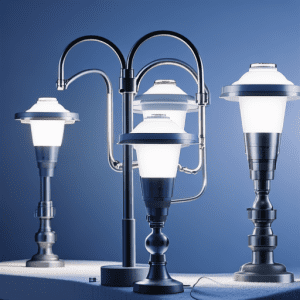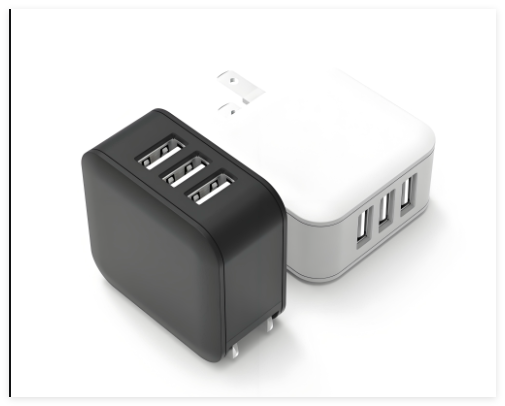How can smart home appliances help cope with seasonal changes?
Let us first take a macro perspective and observe that smart home appliances are playing an increasingly vital role in modern life. According to data from the International Energy Agency (IEA), approximately 20% of global household energy consumption is dedicated to heating and cooling. As global climate change intensifies, the temperature fluctuations brought about by seasonal changes have a significant impact on our daily lives and energy consumption.

So, how do smart home appliances help us cope with these changes? Let’s delve into the following aspects:
- Smart Temperature Control: Smart thermostats can automatically adjust indoor temperatures to ensure they remain in the optimal comfort zone throughout different seasons. For instance, in winter, they can automatically activate heating systems, while in summer, they can automatically regulate air conditioning to reduce energy waste.
- Energy Efficiency Optimization: Smart appliances, through advanced algorithms and sensors, can monitor energy usage in real-time and optimize energy consumption. For example, smart refrigerators can automatically adjust cooling intensity based on indoor temperature and the amount of food stored, thereby reducing unnecessary energy consumption.
- Remote Control: With smart devices, users can remotely control home appliances. This means that no matter where you are, you can pre-set the air conditioning, heating, and other devices in your home, ensuring that the indoor environment is adjusted to the best state by the time you return home.
- Smart Lighting Systems: Smart lighting systems can automatically adjust brightness based on changes in indoor and outdoor light, not only enhancing visual comfort but also reducing unnecessary energy consumption. Especially in winter, adequate indoor lighting can improve people’s mood and quality of life.
- Data-Driven Maintenance: Smart appliances, by collecting and analyzing usage data, can predict maintenance needs and reduce energy waste caused by equipment failure. For example, smart water heaters can predict when heating elements need to be replaced, thus avoiding failures at critical moments.
- Environmentally Friendly Design: Many smart appliances use eco-friendly materials and energy-saving technologies to reduce environmental impact. This not only meets modern consumers’ pursuit of a green lifestyle but also aligns with the global trend of sustainable development.
In the new energy industry, we are also continuously exploring how to integrate smart home appliances with renewable energy. For instance, smart solar water heaters can use solar energy to provide hot water for households, reducing dependence on traditional energy sources. At the same time, the development of smart grid technology also makes home energy management more efficient and flexible.
In summary, smart home appliances not only improve our quality of life but also contribute to promoting the sustainable use of energy. With the continuous advancement of technology, I believe that our future lives will become more intelligent, green, and efficient.
Thank you all!




Post Comment